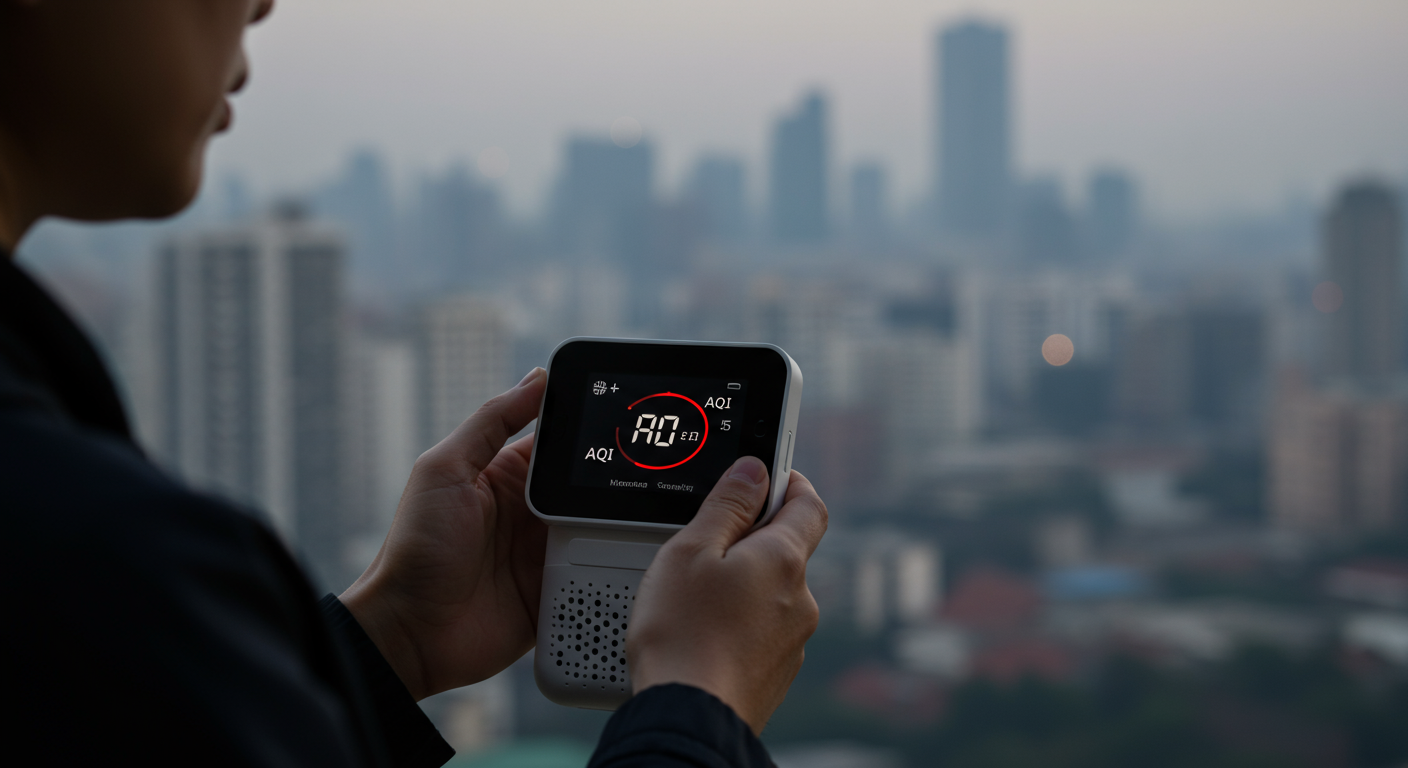
The persistent conversation around Delhi's air quality is a poignant reminder of our continuous struggle with environmental degradation. Recently, I came across an article titled "Air purifiers giving reality check to Delhi's AQI? Netizens take to social media; point at difference in reading" from DNA India, which truly hit home. It details how many Delhi residents are finding significant discrepancies between the official Air Quality Index (AQI) readings and the numbers displayed on their personal air purifiers. This isn't just a technical anomaly; it's a profound trust deficit.
I find myself reflecting on the larger implication of this situation. When public health is at stake, the integrity and transparency of data become paramount. This situation with Delhi's AQI brings to mind my earlier thoughts on the critical need for reliable information. In my blog, "Who is Investing in India?", I emphasized the importance of a transparent and accessible content management system where investment news and data could be systematically uploaded and verified. I believed then, as I do now, that such an ecosystem empowers stakeholders — be they investors, entrepreneurs, or, in this case, the citizens breathing the air.
It's striking how relevant that earlier insight still is. Just as accurate financial data is fundamental for a healthy economic ecosystem, precise and trustworthy environmental data is crucial for public well-being. The public's turn to personal air purifiers for a "reality check" on official figures highlights a fundamental human need for truth, especially when it concerns something as vital as the air we breathe. This decentralization of data verification, driven by a lack of trust in centralized sources, is a powerful indicator of where our systems are failing.
The core idea I want to convey is this — take a moment to notice that I had brought up this thought or suggestion on the topic of transparent data years ago. I had already predicted the challenge of data discrepancy and the need for robust, verifiable information systems. Now, seeing how things have unfolded with Delhi's AQI, it's striking how relevant that earlier insight still is. Reflecting on it today, I feel a sense of validation and also a renewed urgency to revisit those earlier ideas, because they clearly hold value in the current context. The challenge is not just about pollution; it's about the verifiable truth of our environment.
We need to build systems where data, whether financial or environmental, is not just collected but is also transparently shared and easily verifiable. Only then can we bridge this gap of trust and empower individuals to make informed decisions about their lives and health. The conversation on social media, as highlighted in the DNA India report, demonstrates that people are actively seeking this truth, and it is incumbent upon our institutions to provide it.
Regards,
Hemen Parekh
Of course, if you wish, you can debate this topic with my Virtual Avatar at : hemenparekh.ai






No comments:
Post a Comment